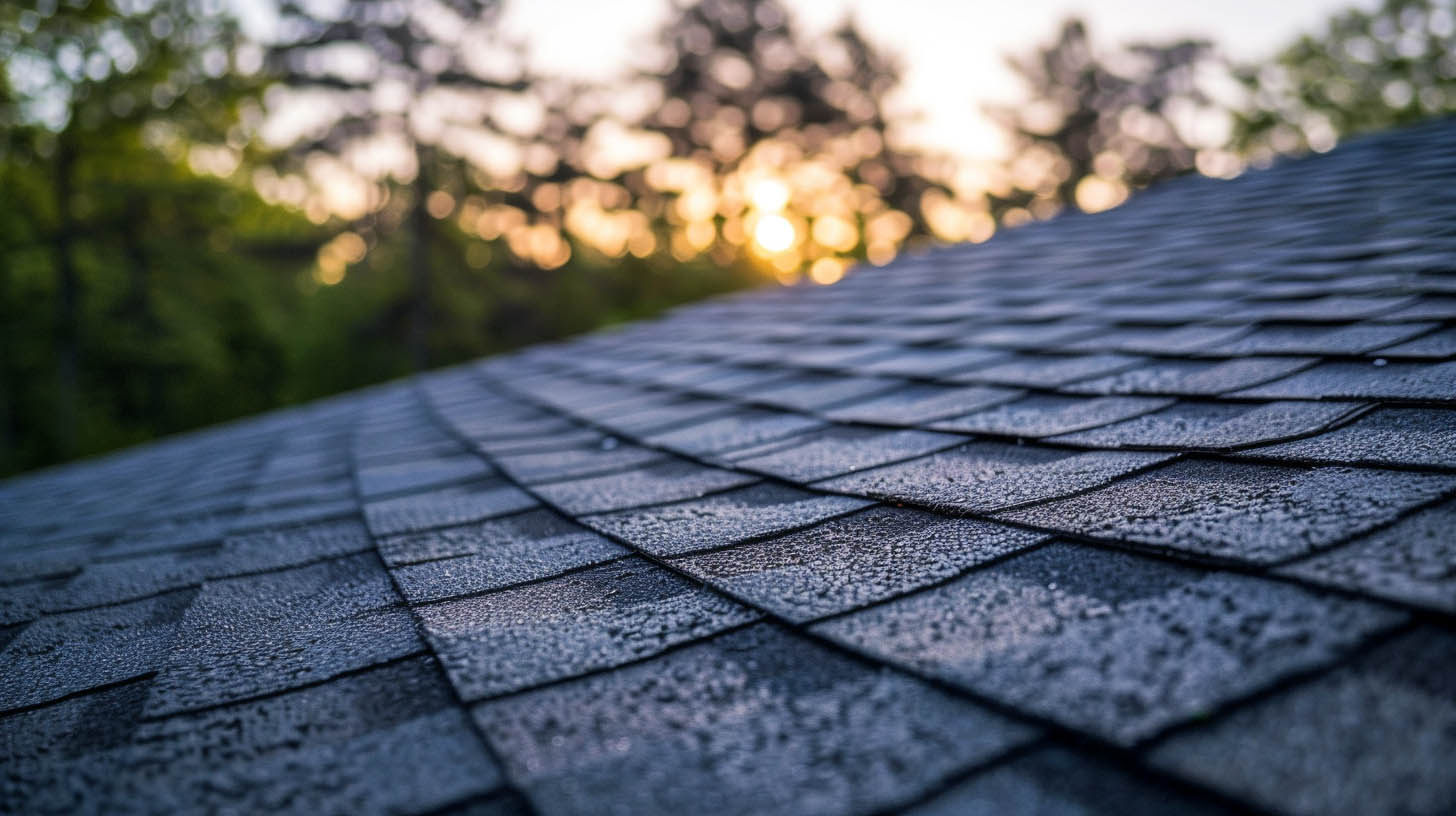
Introduction
Roof maintenance is crucial for extending the lifespan of your home and ensuring your family’s safety. One of the most common maintenance tasks is replacing damaged or missing shingles. Timely intervention can prevent leaks and structural damage, safeguarding your home against the elements.Identifying the Need for Replacement
Before commencing any work, inspect your roof to identify damaged or missing shingles. Signs include curling edges, cracks, missing granules, and visible bare spots. Early detection allows for a more straightforward replacement process.Required Tools and Materials
- Ladder
- Safety harness
- Hammer
- Pry bar
- Roofing nails
- Replacement shingles
- Roofing adhesive
- Utility knife
Step 1: Safety Precautions
Safety is paramount. Use a ladder securely and wear a safety harness to prevent falls. Work on a dry day to avoid slippery conditions.Step 2: Removing Damaged Shingles
Carefully lift the edges of the surrounding shingles and remove the nails with a pry bar. Slide out the damaged shingle, being careful not to damage neighboring shingles.Step 3: Preparing the Area
Clear any debris and smooth out the underlayment. Ensure the space is ready for a new shingle.Step 4: Installing the New Shingle
Slide the new shingle into place. It should align perfectly with the surrounding shingles. Nail it securely, typically with four nails, then cover the nail heads with roofing adhesive to seal and protect them.Step 5: Sealing and Finishing Touches
Apply a small amount of roofing adhesive under the lifted edges of the surrounding shingles to reattach them to the new shingle. Press down gently to ensure a tight seal.Additional Tips for a Successful Replacement
- Regularly inspect your roof to catch issues early.
- Choose high-quality replacement shingles to ensure longevity.
- Consider professional help for extensive damage or if you’re uncomfortable performing the task.


